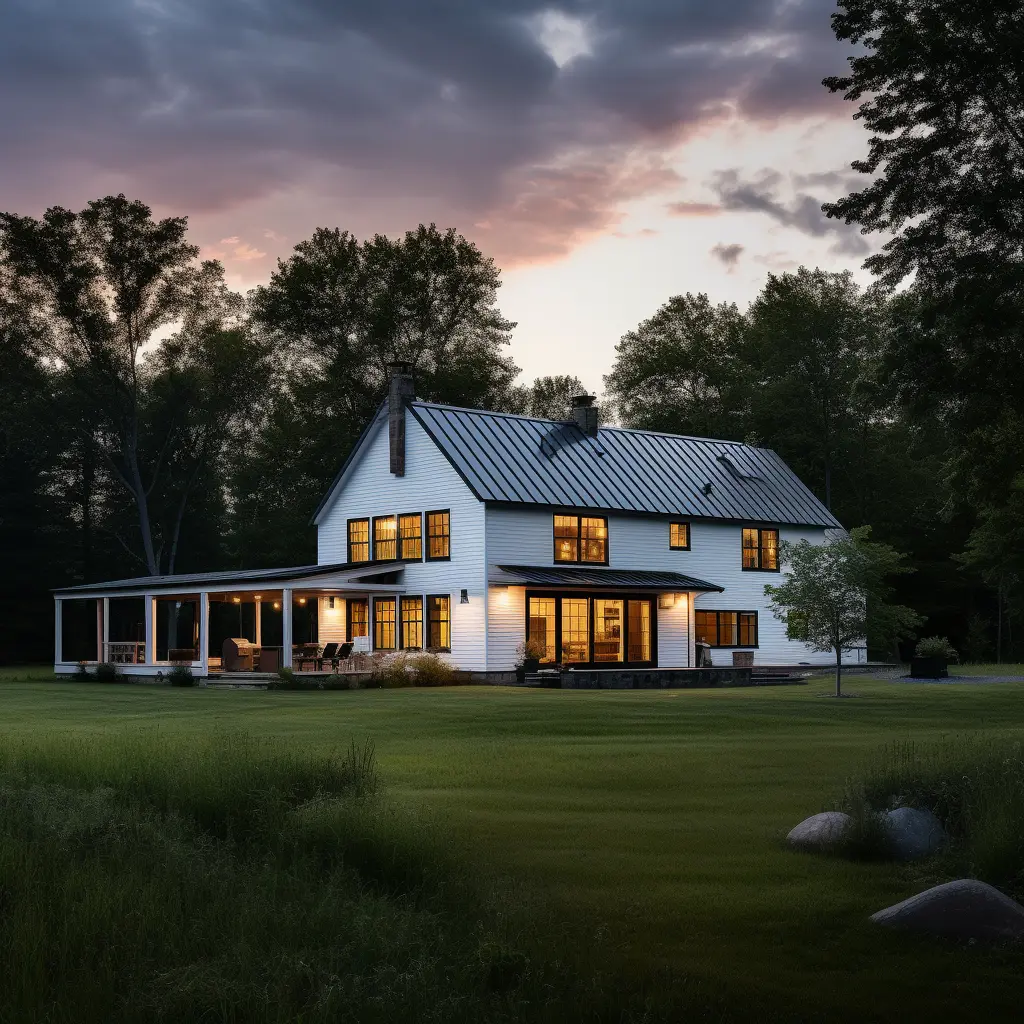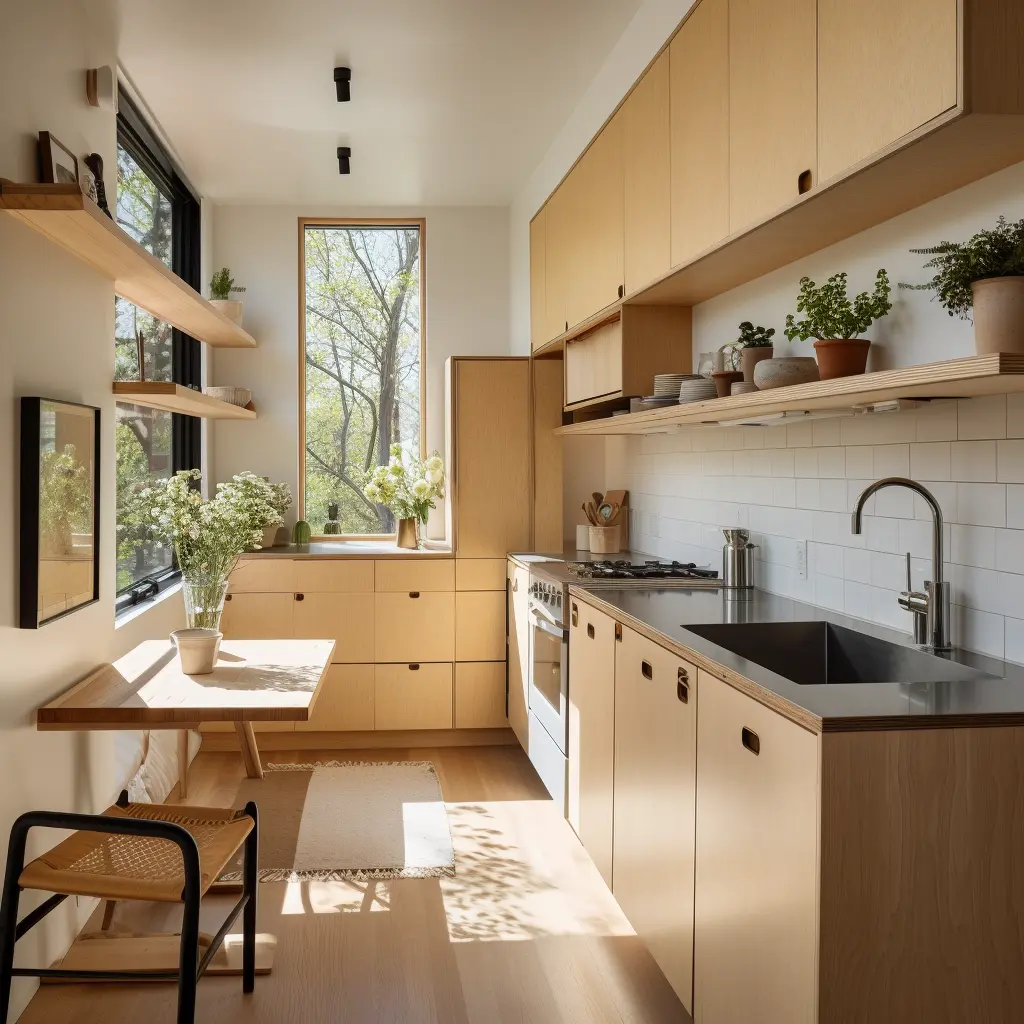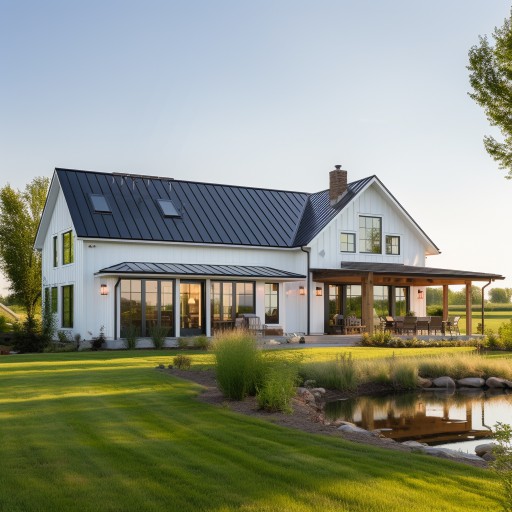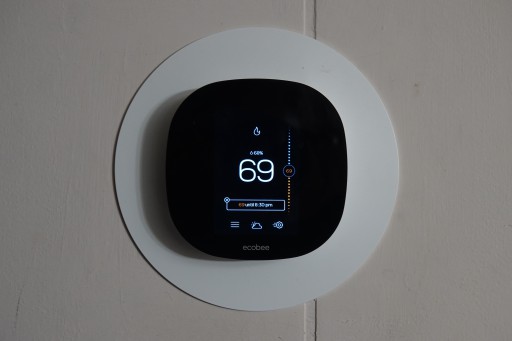Should You Change Your HVAC System When There's Life Left?

co-founder
- Efficiency and Energy Savings
- Environmental Impact
- The Reliability Factor
- Repair Costs vs. Replacement Costs
- Insulation Check
- Upfront Cost vs. Long-Term Savings
In the Northeastern US, where winters can be severe, maintaining a reliable and efficient heating system is of utmost importance. But what if your propane furnace is still functional, albeit costly to operate, and nearing its end of life? Should you consider replacing it before it completely breaks down? The answer isn't always straightforward and depends on several factors. Here's what you should know if you're retrofitting your home for energy efficiency.

Efficiency and Energy Savings
Over the last decade, strides have been made in the field of energy efficiency technology. This is especially true for heating systems. Today's systems are designed to convert the maximum amount of fuel into heat, minimizing waste and significantly reducing energy costs. For instance, high-efficiency propane furnaces can have AFUE (Annual Fuel Utilization Efficiency) ratings well above 90%, which means that 90% or more of the fuel is converted directly into heat for your home.
In contrast, older propane furnaces might have AFUE ratings as low as 60%, meaning a large portion of the fuel you're purchasing isn't being used to heat your home. This could potentially mean hundreds or even thousands of dollars per year in extra fuel costs. By upgrading to a more efficient unit, you could see a significant decrease in your energy bills, making the investment in a new furnace more economically appealing in the long run. Remember, even an old home can be energy efficient.
Environmental Impact
The environmental impact of our choices is increasingly significant in a world facing climate change. When it comes to heating your home, the type of system you use can make a substantial difference to your carbon footprint. Older, inefficient heating systems tend to use more fuel and produce more carbon emissions. Propane, while cleaner-burning than fuels like coal or oil, still contributes to greenhouse gas emissions.
On the other hand, high-efficiency furnaces not only use less fuel but also produce fewer emissions per unit of heat generated. Moreover, there are eco-friendly heating options available such as heat pumps, which use electricity to move heat from the outside to the inside of your home, or geothermal systems that leverage the constant temperature of the earth to provide heating and cooling. These systems can further reduce your environmental impact while providing a comfortable indoor environment.
The Reliability Factor
The reliability of your heating system becomes increasingly important as it nears the end of its useful life. Older systems are more prone to breakdowns and can result in uncomfortable and inconvenient periods without heat. Worse, these breakdowns can occur during the coldest days of winter when your system is working its hardest and when service professionals are busiest.
Additionally, finding replacement parts for older systems can be difficult and costly. Even if repairs are possible, they can be a short-term fix to a system that is nearing its inevitable end. Upgrading to a new system can provide peace of mind knowing that you have a reliable source of heat for your home.
Repair Costs vs. Replacement Costs
A common dilemma homeowners face is whether to repair their aging system or replace it entirely. One important consideration is the "50% rule". If the cost of repairs is nearing 50% of the value of your heating system, it's generally better to replace the system. This is because the money you would put into repairs could be better invested in a new system that will be more reliable and efficient, saving money in the long term.
Another factor to consider is the age of your system. If your system is nearing or past its expected lifespan (typically 15-20 years for a furnace), the risk of future breakdowns and associated repair costs increases. While each repair might seem affordable on its own, the cumulative cost of multiple repairs over time can quickly add up, potentially exceeding the cost of a new system.

Insulation Check
Before replacing your heating system, it's wise to check the insulation in your home. A well-insulated home retains heat more effectively, reducing the demand on your heating system. In contrast, poor insulation can lead to significant heat loss, forcing your system to work harder and use more energy. See the photo which illustrates a the uneven melting of snow, indicative of insufficient insulation.
Consider conducting a home energy audit. This audit can reveal areas of your home where you're losing heat, such as drafty windows or poorly insulated attics. In somecases, investing in better insulation in the Northeast can be a more cost-effective solution than replacing your heating system. For instance, adding insulation to your attic, sealing cracks around windows and doors, and insulating walls can significantly reduce your home's heating needs.
In many situations, improving your home's insulation and sealing up drafts can be a more affordable solution that delivers immediate results. Even if you decide to replace your heating system, a well-insulated home will allow you to purchase a smaller, less expensive unit and maximize the energy savings.
Upfront Cost vs. Long-Term Savings
When considering a heating system upgrade, it's important to look beyond the initial cost. While high-efficiency systems can be more expensive upfront, they often pay for themselves in the long run through energy savings. For example, if a high-efficiency furnace costs $1,000 more than a standard model but saves you $200 a year on your energy bills, you'll recoup the extra cost in just five years.
To calculate potential savings, you'll need to consider several factors, including the efficiency of your current system, the efficiency of the new system, the cost of fuel in your area, and your home's heating needs. There are various online tools and calculators available that can help you make these comparisons.
Also, keep in mind that many utilities and governments offer rebates and incentives for upgrading to high-efficiency heating systems, which can offset the upfront cost.
Remember, a less expensive, less efficient system can often end up costing you more in the long run due to higher energy costs and potential repair bills. A higher initial investment in a quality, efficient system can result in lower overall costs over the life of the unit.
By understanding these factors and considering the long-term benefits of energy savings, increased reliability, and potential increase in home value, you can make an informed decision about whether to replace your existing system while it still has some useful life left. As always, consult with a heating professional who can provide personalized advice based on your specific situation.

Renovate with EcoHome
EcoHome empowers homeowners to confidently build healthy and comfortable homes for a fair price.
Sign UpLocations View All →
NY
- Albany
- Binghamton
- Buffalo
- Esopus
- Freeport
- Hempstead
- Highland
- Kingston
- Long Beach
- Marlboro
- Mount Vernon
- New Paltz
- New Rochelle
- New York City
- Niagara Falls
- North Tonawanda
- Olivebridge
- Plattekill
- Rochester
- Rome
- Saugerties
- Schenectady
- Shandaken
- Syracuse
- Troy
- Utica
- Valley Stream
- Wallkill
- Woodstock
- Yonkers
NJ
- Bayonne
- Brick
- Camden
- Cherry Hill
- Clifton
- East Orange
- Edison
- Elizabeth
- Jersey City
- Lakewood
- Middletown
- Newark
- Old Bridge
- Passaic
- Paterson
- Toms River
- Trenton
- Union City
- Woodbridge
CT
PA
- Allentown
- Altoona
- Bethel Park
- Bethlehem
- Chester
- Easton
- Harrisburg
- Hazleton
- Lancaster
- Lebanon
- Monroeville
- Philadelphia
- Pittsburgh
- Reading
- Scranton
- Wayne
- Wilkes Barre
MD
- Abingdon
- Baltimore
- Bethesda
- Bowie
- Columbia
- Dundalk
- Ellicott City
- Frederick
- Gaithersburg
- Germantown
- Glen Burnie
- Potomac
- Rockville
- Severn
- Silver Spring
- Towson
- Waldorf



